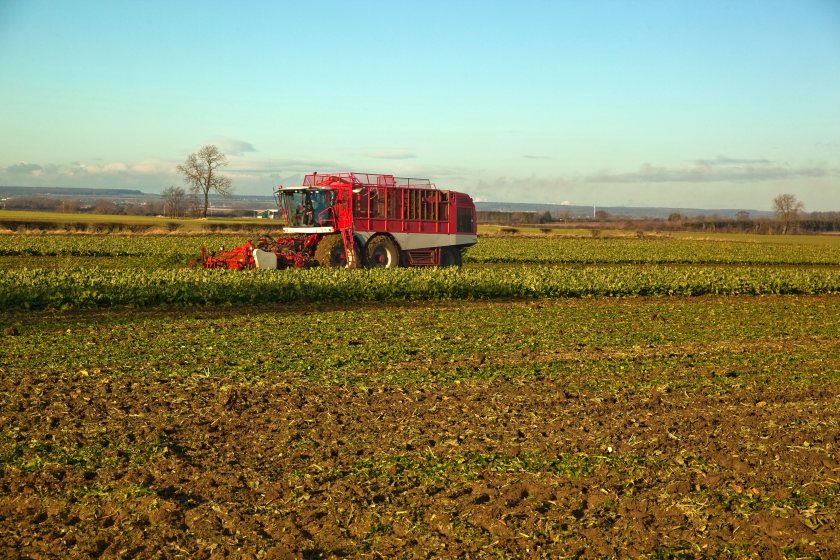
A complete ban on the use of three neonicotinoids has moved a step closer today as the government sets out its plans to deliver its election pledge.
The previous Conservative government had authorised the use of neonicotinoids every year for the last four years via a process known as emergency authorisation.
This was used to help sugar beet growers stave off virus yellows infection, as more than 50% of UK sugar stems from domestic production.
But now the Labour government has today (20 December) said it was identifying legislative options that would legally prevent the future use of three specific neonicotinoids – clothianidin, imidacloprid and thiamethoxam – entirely.
It said its commitment to farmers 'remains steadfast' as it was 'fully committed' to supporting farmers to protect their crops in 'more sustainable ways'.
This included research into new virus-resistant varieties of sugar beet and new alternative pesticide sprays.
The move comes ahead of the government's publication of a new UK National Action Plan (NAP), which will set how pesticides can be used sustainably.
Environment Minister Emma Hardy said: “We are delivering on our promise to ban toxic bee-killing pesticides and ending the long-term decline of our wildlife.
“Protecting bees by stopping the use of damaging neonicotinoids is an important step in supporting the long-term health of our environment and waterways, and our farming sector.”
Emerging sugar beet seedlings are vulnerable to predation from aphids that have the potential to spread beet yellows virus, which can severely affect yield and quality.
In 2020, 25% of the national sugar beet crop was lost, costing £67 million of total economic loss across an industry that creates nearly 10,000 jobs.
The previous government had permitted growers to use a neonic seed treatment on the 2024 sugar beet crop, but with stricter conditions than previous years.
